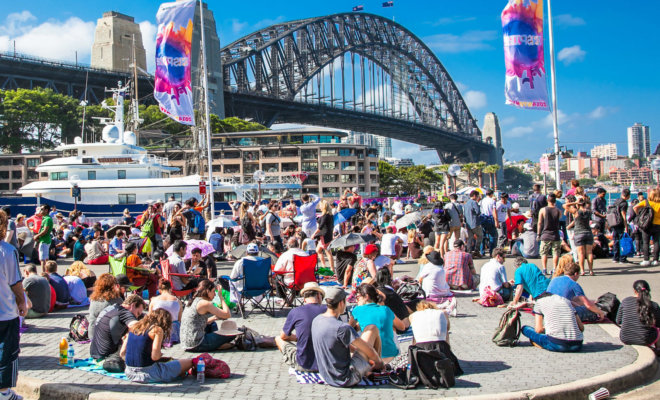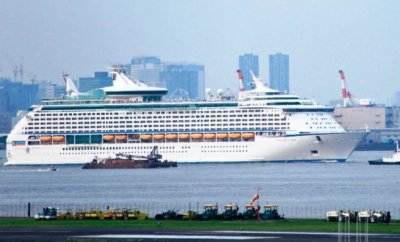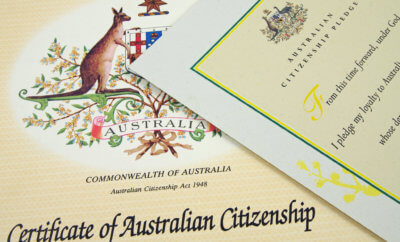Immigration
Indian Immigration to Australia May Take a Hit With New Govt Policies

People near Harbour bridge in Sydney, Australia. (Representational Image)
Photo: Bigstock
A couple in Australia will now have to earn combined income of $115,475 a year to sponsor their parents' visas.
The Australian government has increased the earning threshold that would enable immigrants to sponsor their relatives’ visa applications. The new scheme, which became active on April 1, aims to ensure that sponsors can support the new migrants themselves, says the government.
The country has been embroiled various anti-immigration issues in the recent past, with Immigration Minister Peter Dutton saying earlier this month that he wants immigration cap to be lowered by 20,000 spots. Besides the hike in the minimum earning criterion, the Indian community in Australia is also fearing negative impact from the merging of visa for New Zealanders with the Skilled Independent program.
The Indian community is calling the Turnbull government’s move to raise the earning sum for visa-sponsors as “discriminatory.” The earning threshold in the Assurance of Support Scheme has been nearly doubled by the Department of Social Services, SBS Punjabi reported.
A couple in Australia will now have to earn combined $115,475 a year, as opposed to the previous figure of $45,185, to sponsor their parents’ visas. An individual will now need to earn $86,606 instead of $45,185.40. The figures are mandatory for some visa categories, such as parent, aged dependent, contributory parent and remaining relative visa.
Indian migrants are aggrieved that the government made the change without announcement late last month. Jasvinder Sidhu, the founder of the Parent Long Stay Visa Committee (PLSVC), told SBS Hindi: “This is a discriminatory policy and will affect the Indian community the most. This new condition of higher income levels cannot be met by most Indian migrants. This means thousands of families will suffer and will not be united. It will divide many families forever and this is shameful.”
Arvind Duggal, who was part of the core campaign committee, termed the move “disappointing,” the report said. He added: “It’s hard to believe the same government which promised migrants a fairer long stay visa just 10 days before elections is now trying their best to make family reunion as hard as possible, whether it is temporary or permanent.”
Meanwhile, migrant agents are projecting that the government’s move to merge residency visa for New Zealanders with the Skilled Independent program will adversely affect Indian immigrants.
The decision allows 10,000 New Zealanders, who have been living and working in Australia, to be a part of the annual allocation of 44,000 places in the skilled independent visa program, ABC News reported. The places have earlier mostly been taken by Asian candidates living overseas.
The new move will provide a pathway for permanent residency for at least 10,000 New Zealanders annually without increasing the total number of visas.
India stands to lose the most with the merging of Kiwi visa into the program.
“It’s very simple, Indians have been receiving the most number of visas, any change would affect them the most,” Yatharth Bharadwaj from Lotus Migration in Adelaide told SBS Punjabi.
The most number of visa applications under the skilled independent program in 2016-17 were from India. Out of 42,422 places, Indian migrants claimed 14,484 visas under the skilled independent program. Applicants from India topped the list of nationalities, with 38,854 visas (21.2 per cent) out of total 183,608 visas granted under Australia’s immigration program in 2017. In 2015-16, a total of 40,145 visas were granted to Indians.




You must be logged in to post a comment Login